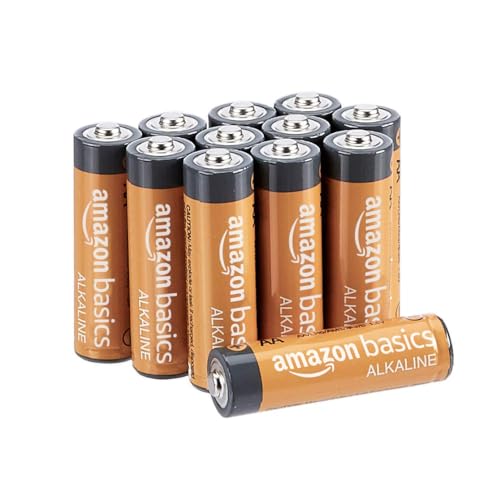The Importance of Choosing the Best Batteries for Wireless Keyboards and Mice
When it comes to wireless keyboards and mice, choosing the right batteries is crucial for optimal performance. The batteries you select can significantly impact the lifespan and efficiency of these devices. In this article, we will discuss the best types of batteries for wireless keyboards and mice, highlighting their features and benefits.
Lithium-Ion Batteries: Long-Lasting Power for Endurance
Lithium-ion batteries are known for their exceptional performance and long-lasting power. These batteries are rechargeable, making them a cost-effective solution for wireless keyboards and mice. Lithium-ion batteries have a higher energy density compared to other types of batteries, allowing them to provide extended playtime for gaming sessions or extended usage for work purposes.
When considering lithium-ion batteries for wireless keyboards and mice, it’s important to check the voltage compatibility. Most devices are designed to work with 1.5V batteries, while others may require higher voltages. In such cases, lithium-ion batteries with compatible voltage options should be chosen to ensure proper functionality.
Alkaline Batteries: Reliable Power Source for Everyday Use
Alkaline batteries are a popular choice for wireless keyboards and mice due to their widespread availability and reliability. These batteries are non-rechargeable and come in various sizes, such as AA and AAA, which are commonly used for these devices.
Alkaline batteries provide a steady power supply for everyday use. With a longer shelf life compared to other battery options, alkaline batteries can be stored for extended periods without losing their efficacy. They are also less prone to leakage, minimizing the risk of damage to your devices.
Nickel Metal Hydride (NiMH) Batteries: Eco-Friendly and Rechargeable
Nickel Metal Hydride (NiMH) batteries are a popular choice for those looking for an eco-friendly and reusable option. These batteries are rechargeable and offer a higher capacity than alkaline batteries. NiMH batteries are also compatible with most wireless keyboards and mice, making them a versatile choice.
One key advantage of NiMH batteries is their ability to be recharged multiple times, reducing the number of disposable batteries being thrown away and diminishing environmental impact. While NiMH batteries may have a slightly lower energy density than alkaline batteries, they make up for it with their long-term cost-effectiveness and reduced waste.
Lithium Batteries: Lightweight and Powerful
Lithium batteries, also known as lithium coin batteries, are commonly used in smaller wireless keyboards and mice that require compact power sources. These batteries are lightweight and provide a stable power supply for extended periods.
One drawback of lithium batteries is that they are generally non-rechargeable, meaning they will need to be replaced once depleted. However, their long shelf life ensures that they will remain usable even if not immediately utilized. It’s essential to check the specifications of your keyboard or mouse before purchasing lithium batteries, as some devices may not be compatible with this battery type.
Zinc-Carbon Batteries: Basic and Budget-Friendly
Zinc-Carbon batteries, commonly known as standard household batteries, are a basic and cost-effective option for wireless keyboards and mice. These batteries are readily available and accessible, making them a convenient choice for emergency replacements or temporary use.
While zinc-carbon batteries may not offer the same longevity or power as other battery options mentioned above, they can still provide sufficient power for regular use. It’s important to note that they are disposable and will need to be replaced as they run out of power.
Choosing the best batteries for wireless keyboards and mice is essential to ensure optimal performance and longevity. Lithium-ion batteries provide long-lasting power, while alkaline batteries offer reliability and convenience. NiMH batteries are rechargeable and eco-friendly, while lithium batteries are lightweight and powerful. Lastly, zinc-carbon batteries provide a basic and budget-friendly option. Consider your device’s specifications and requirements when choosing the right battery type, and always opt for reliable brands to ensure quality and performance.






